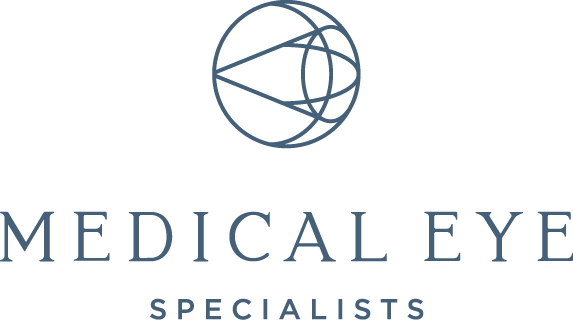A cataract is when the natural lens in your eye becomes cloudy. For those who have developed cataracts, it is very similar to looking through a fogged-up window. Clouded vision caused by cataracts can make daily tasks and interactions very difficult.
Although cataracts are relatively common, most people know very little about it. Here are five facts you may not know about cataracts:
- Cataracts don’t just affect the elderly.
- While most people who develop cataracts are 40 years or older, the truth is they can affect anyone of any age. Some common causes of early onset cataracts (below age 40) include having poorly controlled medical conditions, previous eye trauma and a family history of early onset cataracts.
- Cataracts are the most common cause of vision loss in the world.
- Cataracts are the leading cause of reversible blindness for people over the age of 40. In fact, there are more cases of cataracts than there are of glaucoma worldwide.
- You may develop cataracts without noticing any symptoms.
- Cataracts develop slowly and without pain, which is why some people may not realize they have cataracts until they have significant vision damage. The symptoms of cataracts include blurry vision, decreased contrast sensitivity and glare often from oncoming headlights at night.
- Cataracts can be genetic.
- Cataracts may be hereditary. If a close relative had early onset cataracts, there’s a chance other family members will inherit cataracts as well. While incredibly rare, babies can be born with cataracts or develop cataracts at a very early age.
- You can reduce your risk of developing cataracts. Here’s how:
- Wear sunglasses and a hat with a brim to block the sun.
- Eat healthy, including plenty of fruits and vegetables — especially dark, leafy greens like spinach and kale.
- Have regular eye examinations. If you’re age 60 or older, get a dilated eye exam at least once every two years.
If you are concerned about the symptoms of cataracts, contact us today for a free consultation!
Comprehensive Eye Care
From routine eye care to medical and surgical eye treatment, our ophthalmologists and optometrists are focused on your vision and the health of your whole eye.




